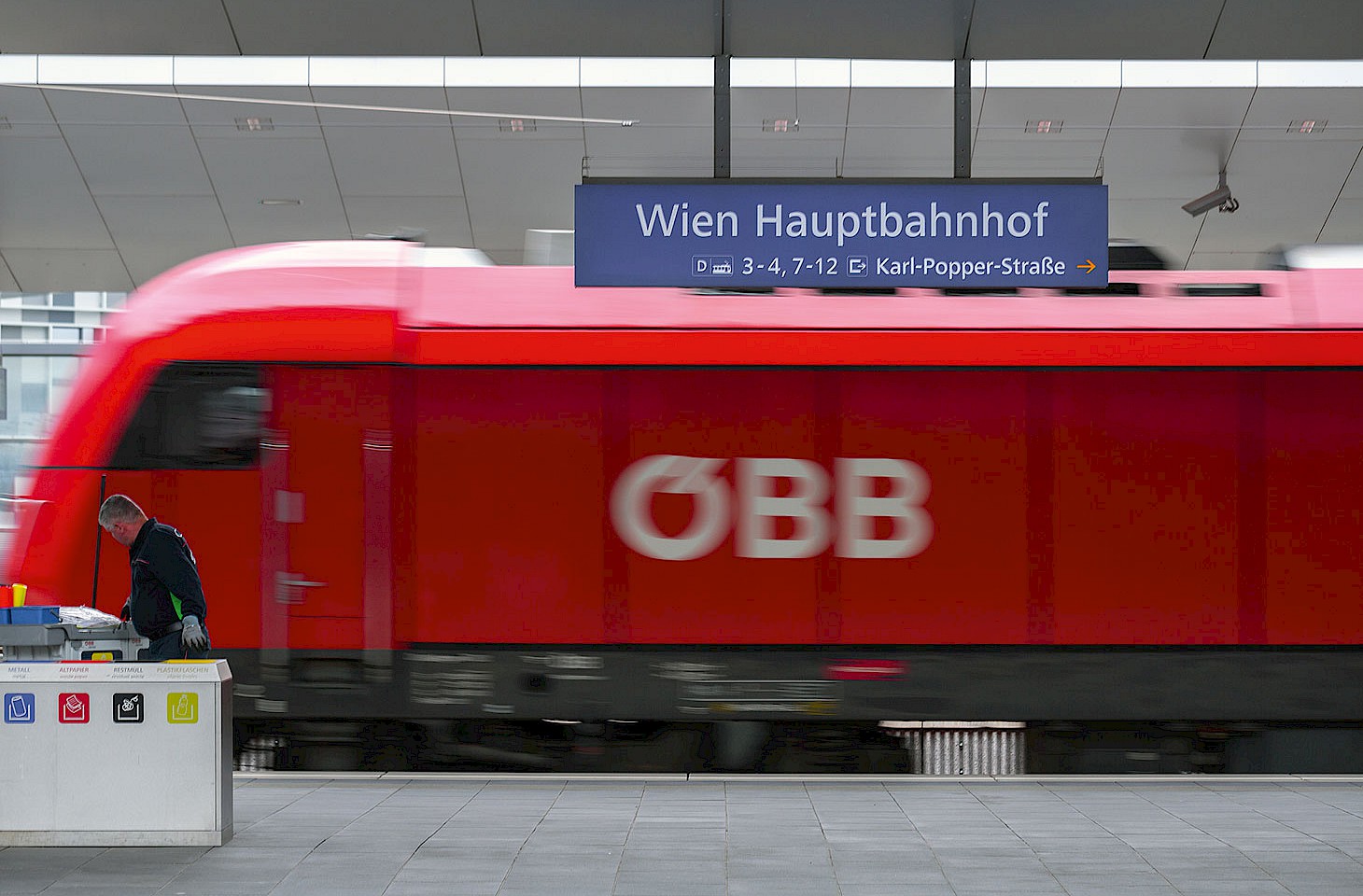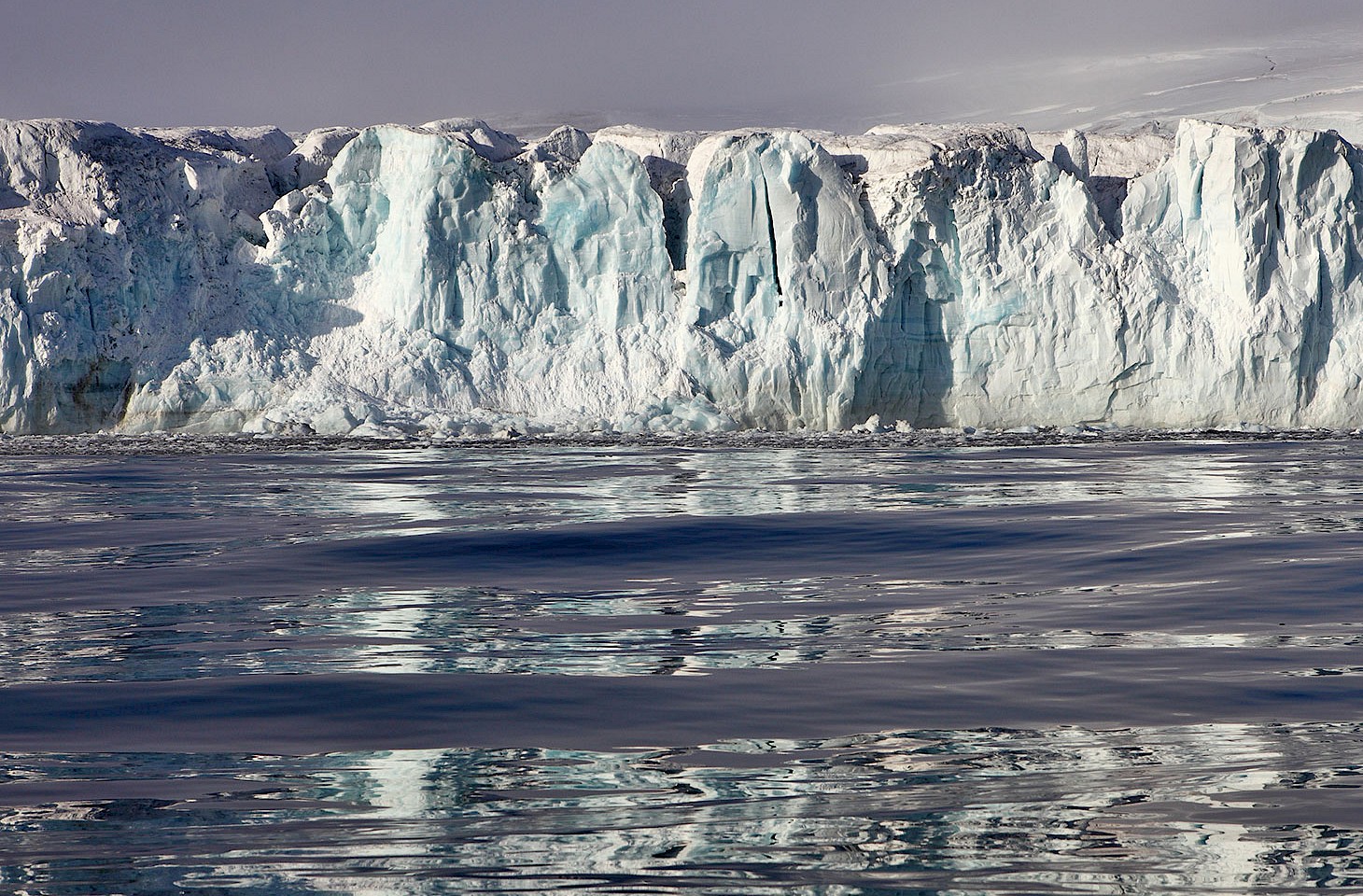Consider a port that is perfectly protected from the ravages of winter storms by the graceful arc of a long sandy spit. Behind the spit, there is a placid lagoon that rarely freezes. Ships arriving from the Baltic sail through a narrow gap in the spit to enter the lagoon, which they cross to reach the wharves and quaysides of the city. The city itself brims with trade and commerce, but it is also a place of learning - one of Europe's most illustrious university cities. It has a handsome red-brick cathedral, a dozen other churches with slender spires, green parks and gentle walks along the waterfront. When Adam Smith wrote The Wealth of Nations in 1776, he treated it as the most natural thing in the world that our Baltic port would have trading links with cities as distant as Amsterdam and Lisbon. And so it did! In the late eighteenth century, the port of Königsberg exported corn to Portugal, receiving fruit and wine in return..
Such was the Königsberg of Adam Smith's day. Just imagine: the hushed chatter in the bookshop as a consignment of books is unpacked - new satirical essays from London, musical scores from Salzburg, Dutch atlases, French philosophy books and scientific monographs from Russia.
Down at the docks the weekly steamer to Stettin is just casting off, its upper decks lined with wealthy families bound for Pomerania, couriers with letters destined for Paris and Berlin, and traders anxious to keep their share of flourishing Baltic commerce. At a nearby wharf, Robert Motherby, a hard working immigrant from Scotland married to a French Huguenot, is checking a consignment of timber and spices bound for Hull. Motherby's business partner Joseph Green is having his habitual late afternoon conversation with a respected local philosopher, a learned gentleman named Immanuel Kant.
So whatever happened to Königsberg? The one-time capital of Prussia's easternmost province seems to have slipped from view. The shelves of German supermarkets are lined with packets of Königsberger Klopse - little meat dumplings. But what of the Prussian city that gave its name to this food staple and where Friedrich the First was crowned King? The city of Kant is still a Baltic port, but one that has little visibility in western Europe.



